Threading is about taking advantage of idle resources to handle more work. If you have no idle resources, multi-threading has no advantages, so the overhead would actually make your overall runtime longer.
For example, if you have a collection of tasks to perform and they are CPU-intensive calculations. If you have a single CPU, multi-threading probably wouldn't speed that process up (though you never know until you test). I would expect it to slow down slightly. You are changing how the work is split up, but no changes in capacity. If you have 4 tasks to do on a single CPU, doing them serially is 1 * 4. If you do them in parallel, you'll come out to basically 4 * 1, which is the same. Plus, the overhead of merging results and context switching.
Now, if you have multiple CPU's, then running CPU-intensive tasks in multiple threads would allow you to tap unused resources, so more gets done per unit time.
Also, think about other resources. If you have 4 tasks which query a database, running them in parallel helps if the database has extra resources to handle them all. Though, you are also adding more work, which removes resources from the database server, so I probably wouldn't do that.
Now, let's say we need to make web service calls to 3 external systems and none of the calls have input dependent on each other. Doing them in parallel with multiple threads means that we don't have to wait for one to end before the other starts. It also means that running them in parallel won't negatively impact each task. This would be a great use case for multi-threading.




